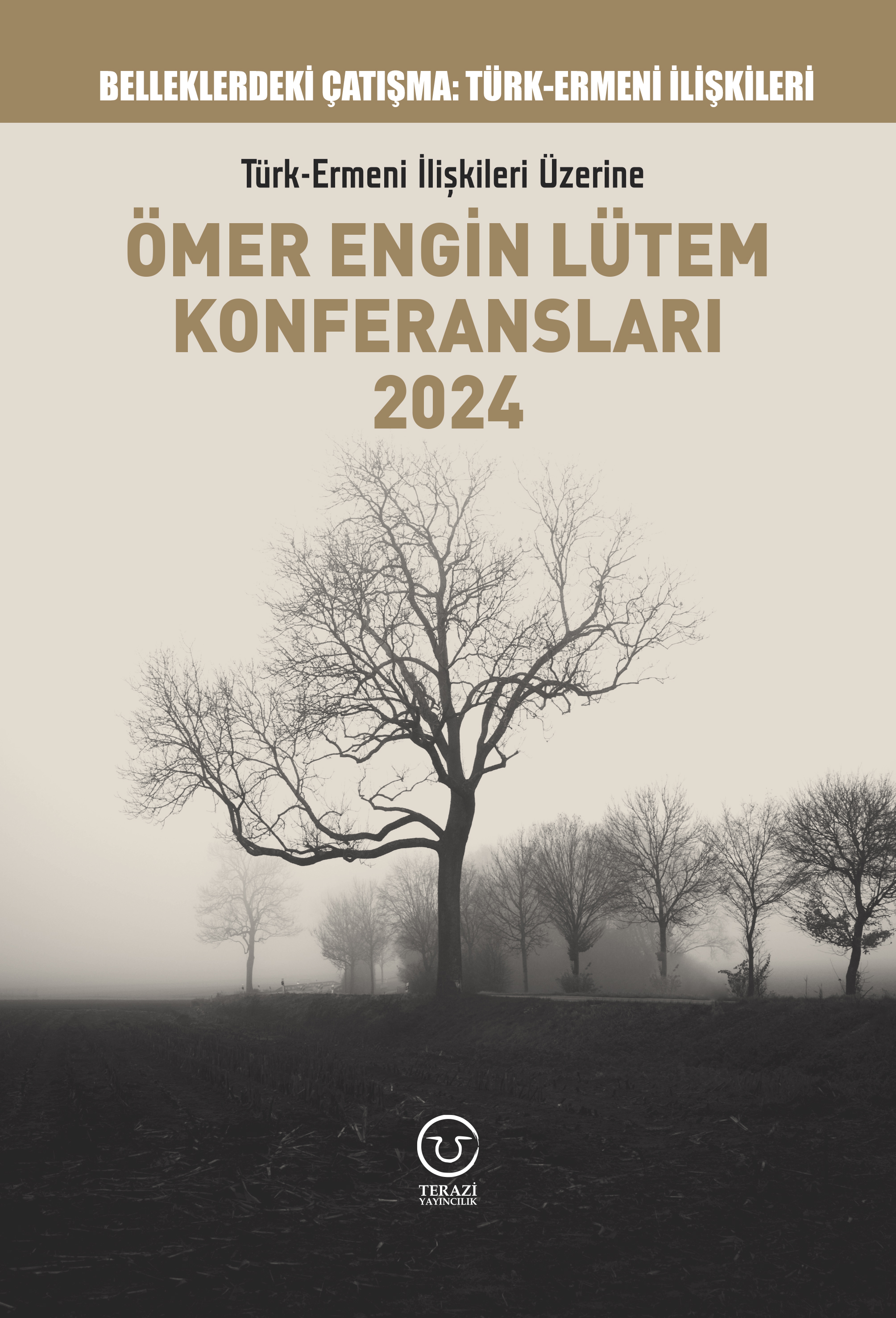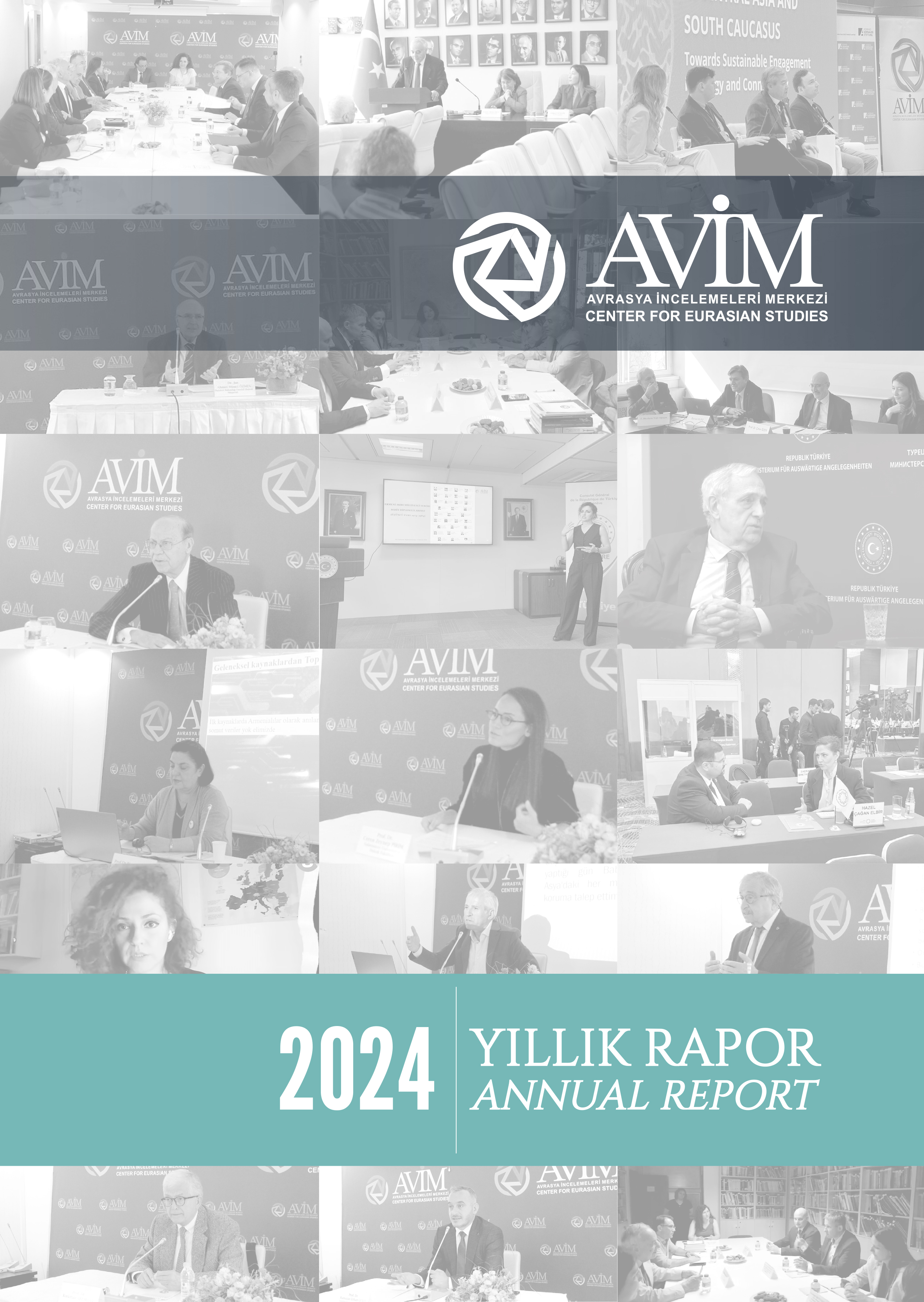The Ottoman and Turkish Studies Association (OTSA) was initially founded in 1971 as the Turkish Studies Association to promote a more scholarly study of the Ottoman and Turkish studies and to initiate dialogue among scholars in the field. The Association’s activities include the publication of a journal with short research articles, reports of meetings and conferences, book reviews, and granting of research scholarships and book prizes. Over the years, it has received endowments from the Turkish-Americans and Americans who hoped to contribute to a better understanding of Turkey and its past devoid of stereotypes prevalent in the West and especially in the United States.
Last year, in an announcement to its members made via email, the present administration of the OTSA attempted to remove and change the names of Fuat Köprülü and Halide Edip Adıvar from its book prize and the scholarship award.
Sadly, the main motivation behind the name-change hysteria on the part of the OTSA administration was not so much the achievements or failures of Halide Edip Adıvar or Fuat Köprülü, but the fact that Adıvar and Köprülü were not their ideological prototypes. Consequently, in an online debate that was broadcasted on YouTube and removed from the platform immediately afterwards, some members of the OTSA expressed dissatisfaction at the conduct of the OTSA administration, likening it to “a Stalinist show trial for ideological purity.” And as a result, the issue was left unresolved for the time being.
It is regrettable to see that at beginning of this year that the current OTSA administration has renewed its unabashed efforts to change the names of the Fuat Köprülü and Halide Edip Adıvar awards in the hopes of remolding the OTSA in line with their ideologies. This is not what the OTSA was founded for, and certainly not what the original donors who agreed to sponsor the Köprülü and Adıvar awards agreed upon. In short, the OTSA administration’s current conduct amounts to an attempt to hijack the institution for personal and ideological agendas, which is in gross violation of the principles upon which the OTSA was founded.
© 2009-2025 Center for Eurasian Studies (AVİM) All Rights Reserved
No comments yet.
-
 RENEWED EFFORTS TO MANIPULATE PUBLIC AND SCHOLARLY DISCOURSES ON THE ARMENIAN QUESTION BY FINANCIAL MEANS
RENEWED EFFORTS TO MANIPULATE PUBLIC AND SCHOLARLY DISCOURSES ON THE ARMENIAN QUESTION BY FINANCIAL MEANS
AVİM 08.03.2021 -
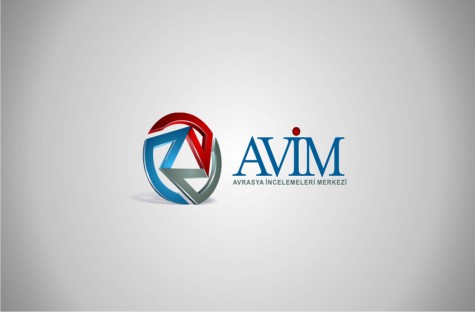 A PUBLIC CONVERSATION WITH ULUÇ GÜRKAN ON MALTA TRIBUNALS
A PUBLIC CONVERSATION WITH ULUÇ GÜRKAN ON MALTA TRIBUNALS
AVİM 17.05.2015 -
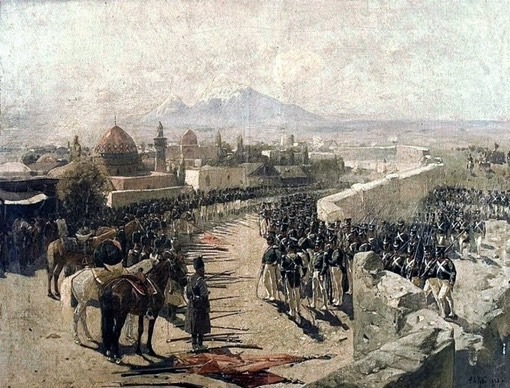 YEREVAN’S AZERBAIJANI PAST
YEREVAN’S AZERBAIJANI PAST
AVİM 23.10.2020 -
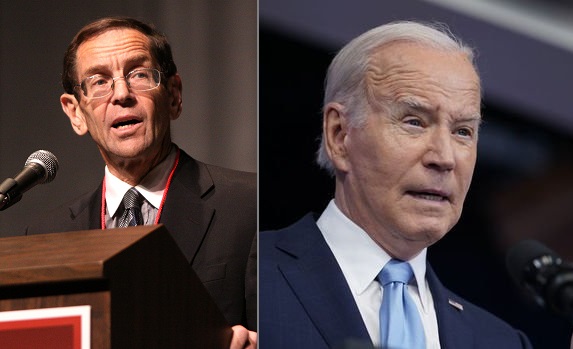 LETTER BY ATTORNEY BRUCE FEIN IN THE INTEREST OF HISTORICAL AND LEGAL TRUTH
LETTER BY ATTORNEY BRUCE FEIN IN THE INTEREST OF HISTORICAL AND LEGAL TRUTH
AVİM 24.05.2023 -
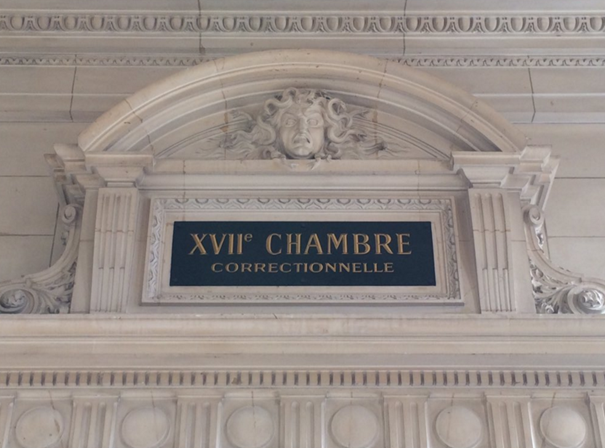 THE GAUIN V. TORANIAN AND TILBIAN TRIAL IN PARIS
THE GAUIN V. TORANIAN AND TILBIAN TRIAL IN PARIS
AVİM 01.11.2017
-
AUSTRIA AND LUXEMBURG: EFFORTS TO REPAIR RELATIONS
Ömer Engin LÜTEM 04.10.2015 -
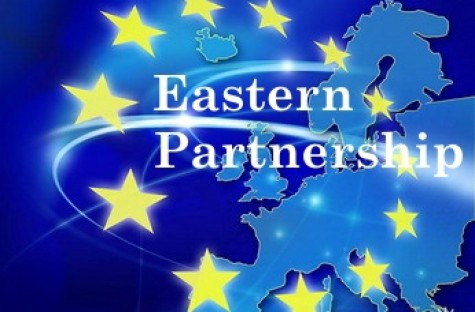 EUROPEAN UNION EASTERN PARTNERSHIP POLICY AND RUSSIA’S INCREASING INFLUENCE
EUROPEAN UNION EASTERN PARTNERSHIP POLICY AND RUSSIA’S INCREASING INFLUENCE
Özge Nur ÖĞÜTCÜ 13.03.2014 -
FRANCE AND THE ARMENIAN GENOCIDE ALLEGATIONS (II)
Ömer Engin LÜTEM 23.01.2011 -
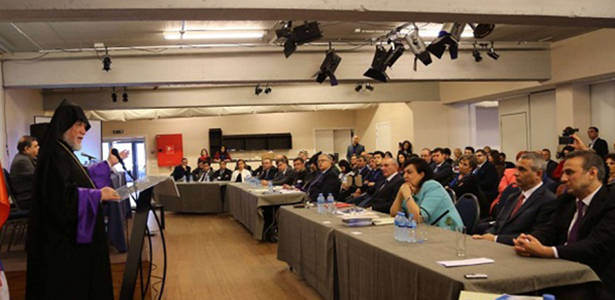 EXTREME ARMENIAN NATIONALIST DISCOURSE PERMITTED IN BELGIUM AND GERMANY
EXTREME ARMENIAN NATIONALIST DISCOURSE PERMITTED IN BELGIUM AND GERMANY
AVİM 01.11.2017 -
 AVIM WEBINAR VIDEO REMOVED FROM A SOCIAL MEDIA PLATFORM HAS BEEN REINSTATED
AVIM WEBINAR VIDEO REMOVED FROM A SOCIAL MEDIA PLATFORM HAS BEEN REINSTATED
AVİM 27.06.2022
-
25.01.2016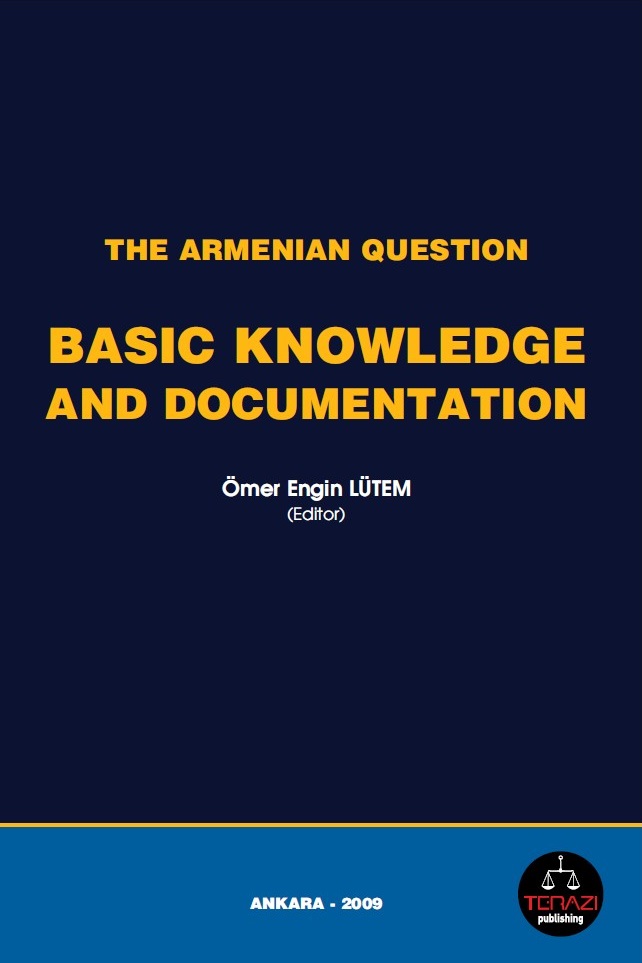
THE ARMENIAN QUESTION - BASIC KNOWLEDGE AND DOCUMENTATION -
12.06.2024
THE TRUTH WILL OUT -
27.03.2023
RADİKAL ERMENİ UNSURLARCA GERÇEKLEŞTİRİLEN MEZALİMLER VE VANDALİZM -
17.03.2023
PATRIOTISM PERVERTED -
23.02.2023
MEN ARE LIKE THAT -
03.02.2023
BAKÜ-TİFLİS-CEYHAN BORU HATTININ YAŞANAN TARİHİ -
16.12.2022
INTERNATIONAL SCHOLARS ON THE EVENTS OF 1915 -
07.12.2022
FAKE PHOTOS AND THE ARMENIAN PROPAGANDA -
07.12.2022
ERMENİ PROPAGANDASI VE SAHTE RESİMLER -
01.01.2022
A Letter From Japan - Strategically Mum: The Silence of the Armenians -
01.01.2022
Japonya'dan Bir Mektup - Stratejik Suskunluk: Ermenilerin Sessizliği -
03.06.2020
Anastas Mikoyan: Confessions of an Armenian Bolshevik -
08.04.2020
Sovyet Sonrası Ukrayna’da Devlet, Toplum ve Siyaset - Değişen Dinamikler, Dönüşen Kimlikler -
12.06.2018
Ermeni Sorunuyla İlgili İngiliz Belgeleri (1912-1923) - British Documents on Armenian Question (1912-1923) -
02.12.2016
Turkish-Russian Academics: A Historical Study on the Caucasus -
01.07.2016
Gürcistan'daki Müslüman Topluluklar: Azınlık Hakları, Kimlik, Siyaset -
10.03.2016
Armenian Diaspora: Diaspora, State and the Imagination of the Republic of Armenia -
24.01.2016
ERMENİ SORUNU - TEMEL BİLGİ VE BELGELER (2. BASKI)
-
AVİM Conference Hall 24.01.2023
CONFERENCE TITLED “HUNGARY’S PERSPECTIVES ON THE TURKIC WORLD"






